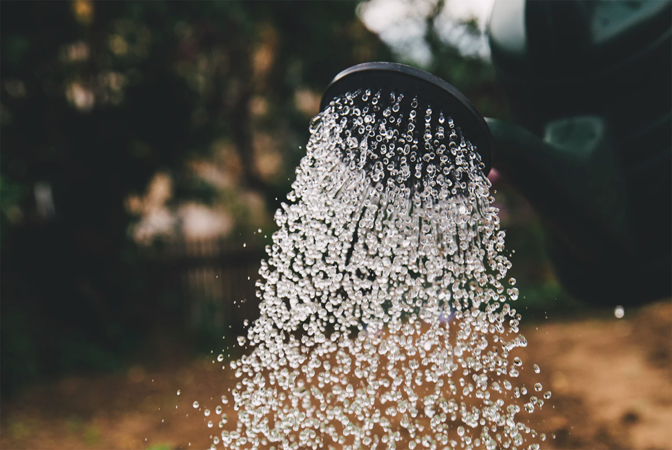CCWD asks for voluntary water conservation

CONTRA COSTA COUNTY, CA — Thanks to strong voluntary conservation efforts in the past, local residents won’t face strict water rationing – unlike others around the Bay Area.
The Contra Costa Water District (CCWD) board implemented a 10 percent voluntary reduction in use on July 7, as the panel endorsed a Stage 1 water shortage level.
CCWD spokesperson Jennifer Allen said there is no timeframe for if or when required rationing would be imposed. This is in stark contrast to other Bay Area jurisdictions, where officials wasted no time imposing strict bans on water usage.
Allen said Contra Costa residents have “a good track record” of complying with voluntary conservation during the last drought several years ago. The next two-month billing cycle will be a good indicator of how well residents are doing this time around.
While appealing for everyone to conserve, the district will also access water stored in Los Vaqueros Reservoir to help meet demands. For years, CCWD customers have paid for things like the reservoir’s expansion to ensure water reliability and availability.
Los Vaqueros currently is about 77 percent of capacity. The Delta supplies water to the reservoir, making it unique compared to other Bay Area communities.
Adequate water
CCWD has a contract with the federal government to receive water through the Central Valley Project (CVP). Initial allocations provided in April 2021 indicated that CCWD would have adequate water to meet all customer needs, which are 10 percent to 15 percent below demands seen prior to the 2014-’15 drought.
Since April, contractors like CCWD learned that much of the anticipated inflow to rivers from snowmelt was instead absorbed by the dry ground. CCWD was informed in May that its water allocation would be reduced, with the district only receiving enough supply to meet public health and safety needs.
Due to the reduced allocation and to preserve available water supplies, CCWD plans to use water stored in its Los Vaqueros Reservoir in addition to voluntary conservation to meet customer needs.
“Our customers are efficient water users and wise investors in water storage,” said Lisa M. Borba, CCWD board president. “Asking customers to voluntarily conserve about 10 percent is appropriate in a year this dry. Without the water stored in Los Vaqueros for drought supply, we would be having a different conversation.”
As part of the board’s July action related to the water shortage, they decided that provisions adopted during the last drought will remain in place to prevent any wasteful use of a precious resource.
According to Allen, any resident found in violation will first be issued a warning notification. She noted this tends to motivate the homeowner to get back in compliance.
But if an offender repeats, a $250 fine can be levied. Another offense can raise the fine up to $500. The cost of the amount of water wasted will be tacked onto that fine.
For more information on resources and rebates available for customers to reduce their water use, visit ccwater.com/drought.
